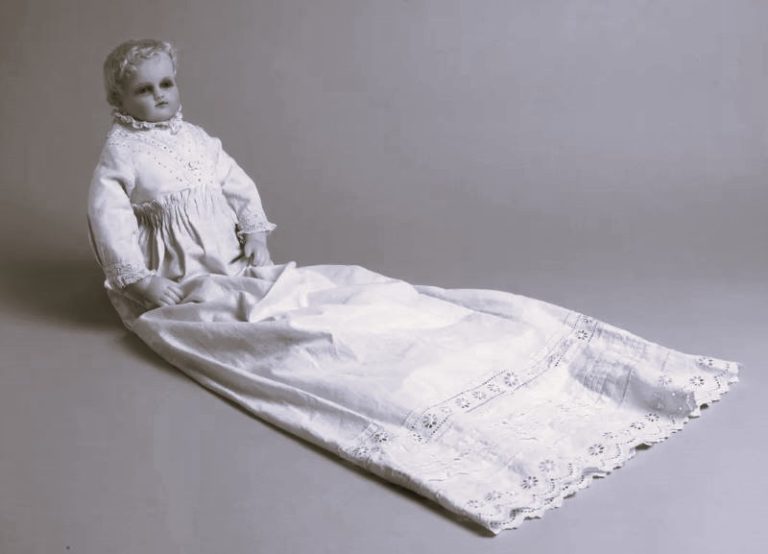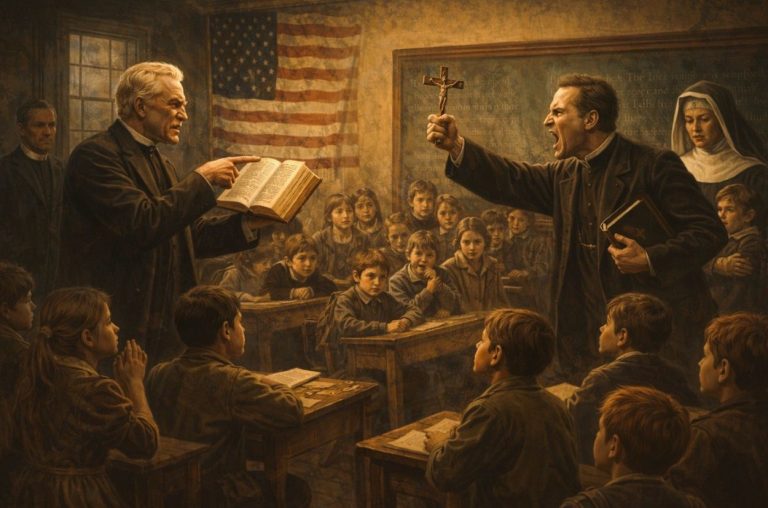

Have you ever wondered how boarding schools for your troubled teen can turn around a young person’s life? What makes these institutions so effective at addressing behavioral and emotional issues? Let’s explore how these specialized centers transform lives, providing struggling teens with the tools they need to thrive.
A Brief Overview
Troubled teen boarding schools are residential facilities designed to help adolescents facing significant challenges, including behavioral issues, emotional problems, and academic difficulties. They offer a structured environment where teens receive intensive support, therapy, and education tailored to their unique needs.
Reasons to Choose These Centers
Parents often choose boarding schools for their troubled teens when other interventions, such as counseling or day school programs, have not been successful. These schools provide a comprehensive approach, integrating academic education with therapeutic support, to address the underlying issues that contribute to a teenager’s struggles.
The Comprehensive Approach to Transformation
Structured Environment and Routine
One of the most significant benefits is the structured environment they provide. For many teens, instability and lack of routine contribute to their issues. Boarding schools offer a consistent daily schedule that includes academic classes, therapy sessions, and recreational activities, helping them develop a sense of stability and predictability.
Individualized Therapeutic Support
Each student at these institutions receives individualized therapeutic support. This might include one-on-one counseling, group therapy, and family therapy sessions. Therapists work closely with students to address their specific emotional and behavioral issues, helping them develop coping strategies and resilience.
Academic Support and Achievement
Troubled teens often struggle academically due to their behavioral and emotional challenges. Boarding schools provide tailored academic programs that accommodate each student’s learning style and pace. Small class sizes and specialized teaching methods help students catch up on missed coursework and achieve academic success, boosting their self-esteem and motivation.
Emotional and Social Development
Building emotional intelligence and social skills is a crucial part of the boarding school experience. Teenagers participate in activities designed to enhance their communication, empathy, and conflict-resolution skills. These experiences prepare them to form healthier relationships and interact more positively with peers and authority figures. It also fosters personal growth and resilience beyond their time at the school.
The Role of Extracurricular Activities
Extracurricular Activities and Personal Growth
Extracurricular activities play a major role in the development of troubled teens. These schools offer various activities such as sports, arts, music, and community service projects. These activities help them discover new interests and talents, providing positive outlets for their energy and emotions. Participation in extracurriculars also fosters a sense of accomplishment and belonging, which is essential for their overall well-being.
Life Skills Training
Troubled teen boarding schools also focus on teaching essential life skills. These include time management, financial literacy, cooking, and personal hygiene. By learning these skills, they become more independent and better prepared for life after graduation. This practical knowledge empowers them to take responsibility for their actions and decisions, promoting a smoother transition into adulthood.
Building a Supportive Community
Peer Support and Positive Role Models
A supportive community is fundamental to the success of these boarding schools. Students form close bonds with peers who share similar experiences and challenges, creating a sense of camaraderie and mutual support. Additionally, staff members and older students serve as positive role models, demonstrating healthy behaviors and attitudes. This supportive network helps troubled teens feel understood and valued, which is crucial for their emotional healing and growth.
Parental Involvement and Support
Parental involvement is crucial to the success of these boarding centers. Many programs include regular family therapy sessions and workshops designed to improve communication and rebuild trust between parents and their teens. Schools often provide resources and training to help parents support their child’s progress and maintain positive changes at home. This collaborative approach guarantees that the entire family benefits from the transforming experience, establishing a supportive and understanding environment that promotes the teen’s growth and development.
The Long-Term Impact
The long-term impact of attending a therapeutic school can be profound. Graduates often report significant improvements in their emotional well-being, academic performance, and social relationships. They leave with a better understanding of themselves and their capabilities, equipped with the skills and confidence to pursue their goals.
Troubled teen boarding schools offer a transformative experience for adolescents facing significant challenges. By providing a structured environment, individualized therapeutic support, academic assistance, and opportunities for personal growth, these centers help troubled teens develop the tools they need to succeed. With the support of dedicated staff and a nurturing community, these young people can overcome their difficulties and build a brighter future.


